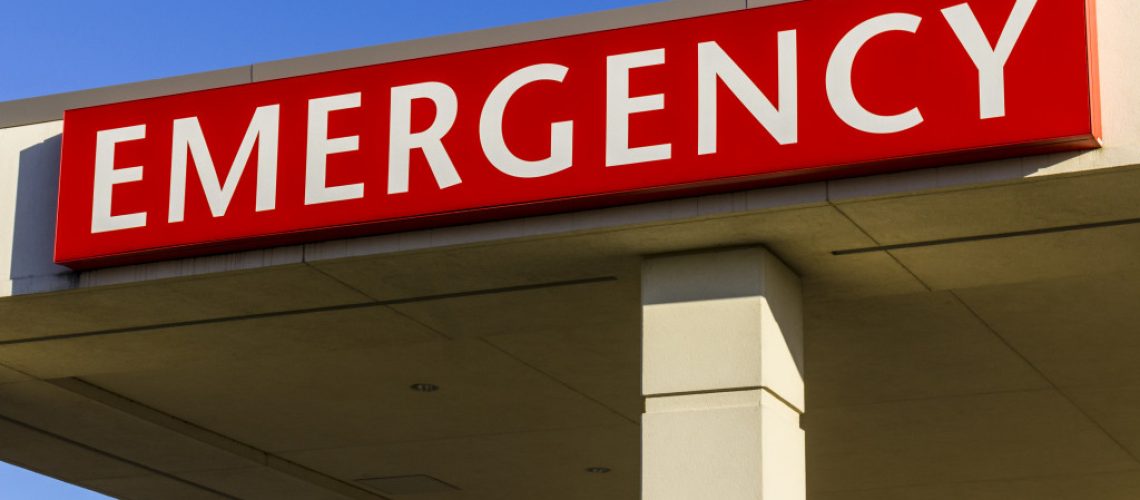Dealing with negative situations can be stressful and overwhelming to some people. This is probably why most people focus more on positive things that bring them joy and happiness. Most of them believe that it would be best to spend their time and energy on things they want to enjoy.
Unfortunately, this often leads to unpreparedness, especially during emergencies. Indeed, thinking about disasters and other negative scenarios may not be an ideal pastime. However, you need to understand that it’s essential to tackle some of these issues to prevent any serious consequences.
Why Preparing for Worst-Case Scenarios is Ideal
Thinking about what’s the worst that could happen in your life may often leave you feeling stressed and anxious. However, you need to stop pretending that you don’t need to prepare for any emergency. Keep in mind that you have to ensure you are prepared to face the most difficult challenges that may come to your life. This way, these negative situations won’t end up disrupting your daily routine. Aside from this, you can experience the following benefits:
- Maintain a realistic mindset
- Avoid possible financial problems
- Protect your family from any form of danger
- Secure your assets/ properties
- Take care of your health and well-being
Simple Techniques to Prepare for Emergencies and Disasters

Imagining the worst scenarios may sound pessimistic, but in reality, it’s the best strategy that can help you prepare for any possible situation. Of course, just thinking about the events that may happen will only leave you stressed and anxious. Thus, to ease your worries, you can start coming up with plans to counter all the bad events that may happen in your life. Here are some simple ways to do this:
- Build an emergency fund—If you want to avoid major money problems, it’s best to start building your emergency fund. This is a form of savings that can help you pay for certain needs, especially during unexpected events. This may include accidents, the sudden death of a loved one, critical illnesses, job loss, or economic crisis.
- Get health and life insurance—Anticipate possible risks in your health and safety by securing health and life insurance. If you can afford it, consider getting one for each of your family members, including your kids, if you have one. This way, you can have funds to pay for medical expenses. You will also have enough funds to enjoy your retirement.
- Receive proper emergency training—Ensure that you attend training for emergencies. This will help you understand the best actions to take during emergencies such as earthquakes, fires, and other natural disasters. You can consult experts such as the Critical Path Solutions company, which helps people prepare for any crisis.
- Prepare a go-bag/ emergency supply kit—Make sure that you have a go-bag prepared at home. Fill it with emergency supplies, including a first-aid kit, batteries, whistle, clothes, food, and water. Don’t forget to pack medicine and other items you think you need to survive.
- Stay updated about news and current events—Always check updates about what’s happening around you. This will give you an idea of an upcoming disaster such as the spread of diseases, volcanic eruptions, war, etc. Make sure that you anticipate possible events that may happen so you won’t feel shocked and lost when the worst comes.
- Train yourself to stay calm and collected at all times—Learn how to manage your thoughts and emotions. People can easily panic when exposed to a highly stressful situation. Try your best to stay calm and collected by taking total control over your emotions. Doing so will also help you provide strength and inspiration to people around you during times of trouble.
Having total control over your life means you know how to deal with various situations, including negative and positive events. Although dealing with negative scenarios can be scary or overwhelming, you still need to address these issues. This way, you and your loved ones will not suffer the consequences of staying unprepared.
Make sure that you and your family know how to react appropriately during certain situations and events. This is especially crucial during emergencies, disasters, and calamities. Remember that it’s better to prevent any major risks and dangers before they happen. Also, it’s best if you know the next essential step to take if you ever need to experience worst-case scenarios. With this, you can easily recover from the negative situation without lasting effects. At the same time, you can focus more on building and securing your future.

